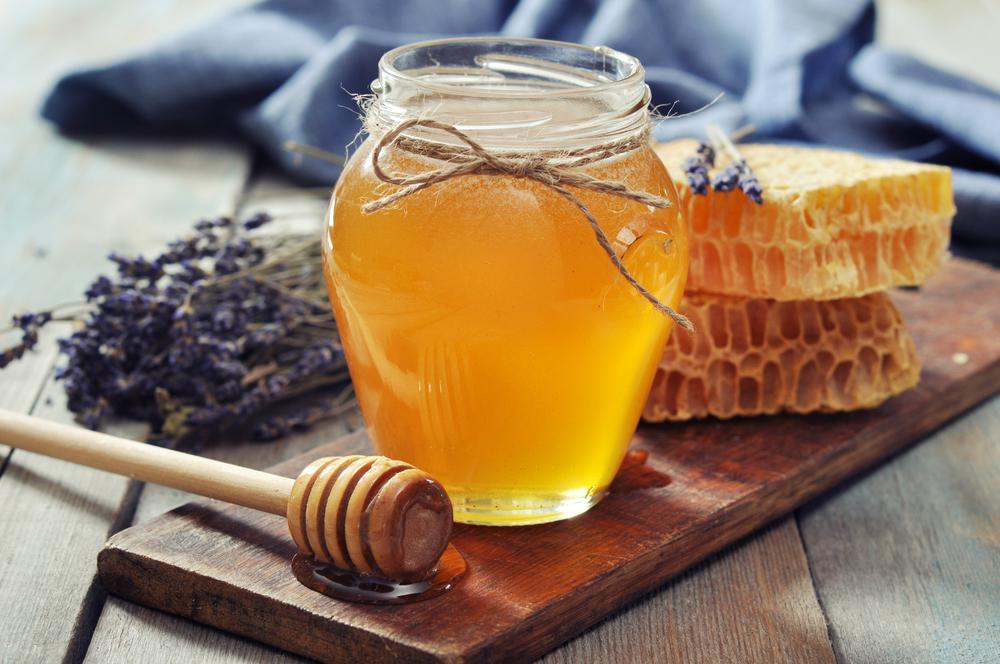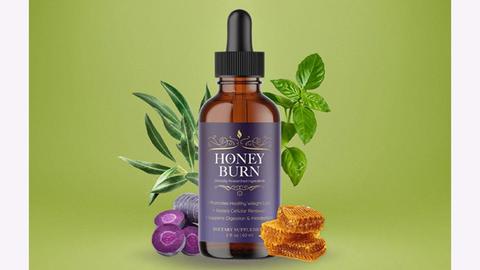
Imagine a world where a golden, viscous liquid has the power to heal, soothe, and protect. Sounds like something out of a fairytale, right? Well, that fairy tale might just be a reality with the power of honey. For centuries, honey has been praised for its incredible medicinal properties, but is it all just hype? In this article, we will uncover the truth behind honey and its potential as nature’s medicine. Get ready to be amazed!
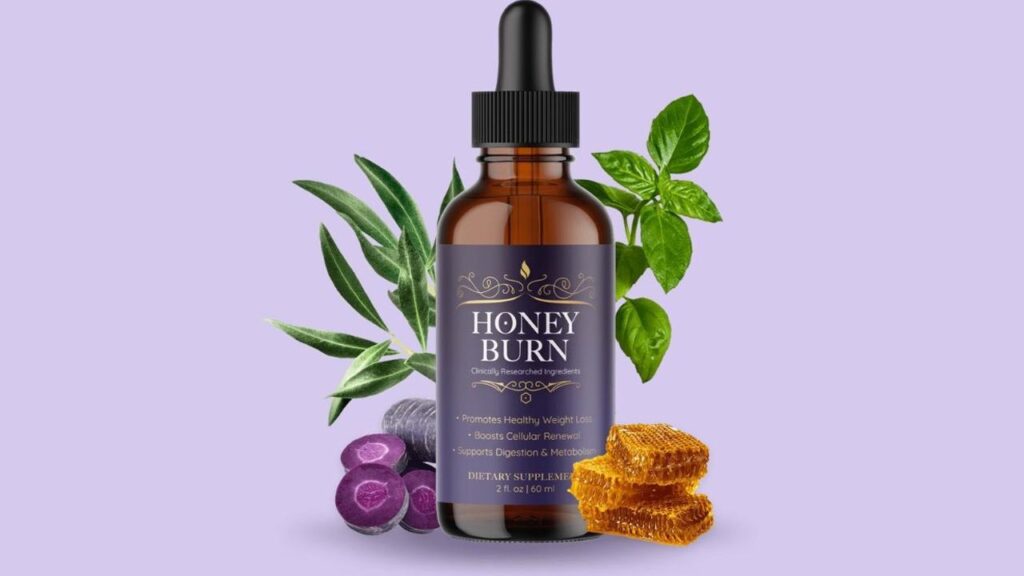
What is honey?
Definition of honey
Honey is a sweet, sticky substance produced by bees from the nectar they collect from flowers. It is a natural food that has been consumed by humans for thousands of years. Honey is known for its rich taste and its various medicinal properties.
Composition and nutritional value of honey
Honey is primarily composed of carbohydrates, with around 80% of its content being sugar. The two main types of sugar in honey are fructose and glucose. It also contains small amounts of vitamins, minerals, enzymes, antioxidants, and amino acids. The nutritional value of honey depends on its floral source and processing methods.
Historical uses of honey
Honey in ancient civilizations
Honey has been used by ancient civilizations for both culinary and medicinal purposes. It was highly regarded for its sweetness and was often used as a natural sweetener in various dishes. In ancient Egypt, honey was also used in religious ceremonies and as an offering to the gods. The Greeks and Romans valued honey for its healing properties and used it as an ingredient in medicines.
Traditional medicinal uses of honey
Throughout history, honey has been used as a traditional remedy for a wide range of ailments. Due to its antimicrobial properties, it has been applied topically to wounds, burns, and skin infections to promote healing. Honey has also been used as a cough suppressant, a sore throat reliever, and a digestive aid. These traditional uses of honey have been passed down through generations and are still practiced today.
Scientific research on honey
Antibacterial properties of honey
Scientific studies have shown that honey possesses strong antibacterial properties. The high sugar content of honey creates an environment where bacteria cannot survive. Additionally, honey contains natural compounds that can inhibit the growth of certain bacteria, including those resistant to antibiotics. The antibacterial effects of honey have been observed against various strains of bacteria, making it a potential alternative for the treatment of infections.
Antioxidant effects of honey
Honey is a rich source of antioxidants, which are compounds that help protect the body against oxidative stress and damage caused by free radicals. Antioxidants play a crucial role in maintaining overall health and reducing the risk of chronic diseases, such as heart disease and cancer. The antioxidants present in honey, such as phenolic compounds, flavonoids, and vitamins, contribute to its potential health benefits.
Potential wound healing properties of honey
Honey has long been used as a natural remedy for wound healing. Scientific research has confirmed its effectiveness in promoting the healing of wounds, burns, and ulcers. The antibacterial properties of honey help prevent infection in wounds, while its high sugar content creates a protective barrier and draws moisture to the wound, promoting tissue regeneration. Honey has also been found to reduce inflammation and improve blood circulation, further aiding in the healing process.
Effects of honey on cough and sore throat
Honey has been widely recognized for its soothing effect on cough and sore throat. Research has shown that honey can be as effective as over-the-counter cough suppressants in reducing the frequency and severity of coughing. Its thick consistency coats the throat, providing relief from irritation. The antimicrobial properties of honey may also help combat the underlying causes of a sore throat. However, honey should not be given to children under the age of one due to the risk of botulism.
Anti-inflammatory properties of honey
Inflammation is a natural response by the body to injury or infection, but chronic inflammation can contribute to the development of various diseases. Honey has been found to possess anti-inflammatory properties, which can help reduce inflammation in the body. The antioxidants present in honey, along with certain enzymes and phenolic compounds, help modulate the inflammatory response. Incorporating honey into the diet may contribute to overall inflammation reduction and promote better health.
Honey and allergies
The belief that local honey can help with allergies
It is a commonly held belief that consuming local honey can help alleviate allergy symptoms. The theory behind this belief is that local honey contains small amounts of pollen from local plants, which can desensitize the body to allergens and reduce allergy symptoms. The idea is that by regularly consuming small amounts of local pollen through honey, the body builds up immunity to the pollen.
Scientific evidence supporting or refuting the allergy-relief claim
While the concept of using honey to alleviate allergies is intriguing, scientific evidence supporting this claim is limited. The pollen found in honey is typically not the same pollen that causes seasonal allergies. Additionally, the amount of pollen present in honey is often too small to have a significant impact on allergies. Allergies are complex immune responses, and although honey may have some beneficial effects on the immune system, it is unlikely to provide significant relief from allergy symptoms. Allergies should be managed through proven medical treatments under the guidance of healthcare professionals.
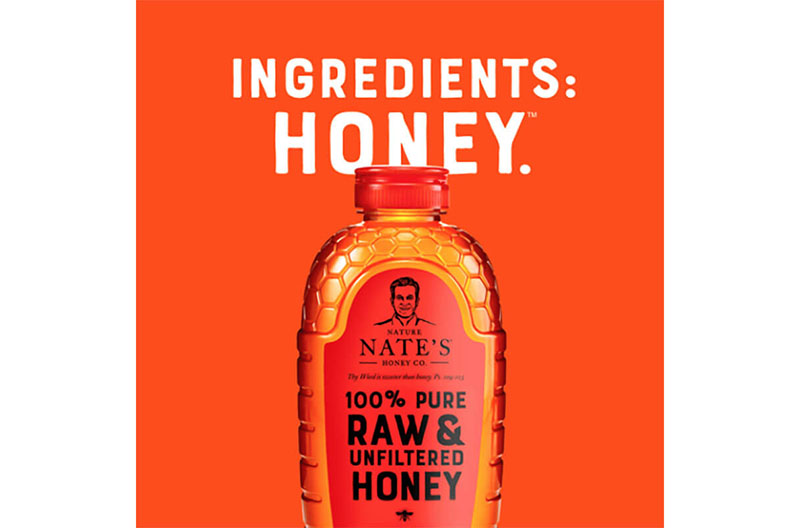
Different types of honey
Floral source-based honey (e.g., clover, buckwheat)
The flavor and properties of honey can vary depending on the types of flowers from which the bees collect nectar. Honey can be categorized based on its floral source, such as clover honey, buckwheat honey, or orange blossom honey. Each type of honey has its own distinct flavor, aroma, and color. Clover honey, for example, has a mild, sweet taste, while buckwheat honey has a stronger, more robust flavor.
Mono-floral vs. poly-floral honey
Mono-floral honey is derived mainly from the nectar of a single type of flower, while poly-floral honey is a blend of nectars from various flowers. Mono-floral honey tends to have a more pronounced flavor and aroma due to the dominance of a particular flower’s characteristics. Poly-floral honey, on the other hand, offers a diverse range of flavors and may exhibit a more complex taste profile.
Raw honey vs. processed honey
Raw honey is honey that has not undergone any significant processing or filtering. It is typically extracted directly from the honeycomb and may contain small amounts of pollen, propolis, and beeswax. Raw honey is believed to retain more of its natural properties and health benefits. Processed honey, on the other hand, undergoes filtration and pasteurization to remove impurities and extend its shelf life. While processing may affect some of the beneficial compounds in honey, both raw and processed honey can still offer nutritional value.
The potential health benefits of honey
Potential immune-boosting properties of honey
Honey contains various compounds, such as antioxidants and enzymes, that can support the immune system. The antioxidants in honey help reduce oxidative stress and protect cells from damage. Additionally, honey’s antibacterial properties may help fight off infections. Consuming honey as part of a balanced diet can contribute to overall immune health.
Honey as a natural energy source
Honey is a natural source of carbohydrates, which are the body’s primary fuel source. The carbohydrates in honey are easily digested and can provide a quick energy boost. Unlike refined sugar, honey also contains trace amounts of vitamins and minerals, such as B vitamins and potassium, which can support energy metabolism.
Honey’s role in improving digestion
Traditionally, honey has been used to aid digestion and relieve digestive issues. Honey contains enzymes, such as diastase and invertase, which can help break down carbohydrates and facilitate digestion. It can also have a soothing effect on the digestive tract, reducing inflammation and promoting gut health. However, individual reactions to honey may vary, and those with specific digestive conditions should consult their healthcare provider before incorporating honey into their diet.
Honey’s impact on cholesterol levels
Research has shown that consuming honey may have a positive impact on cholesterol levels. The antioxidants and phytochemicals present in honey can help reduce LDL (bad) cholesterol levels while increasing HDL (good) cholesterol levels. However, it is important to note that the overall effect of honey on cholesterol may be influenced by other dietary and lifestyle factors. Honey should be consumed as part of a balanced diet and in moderation.
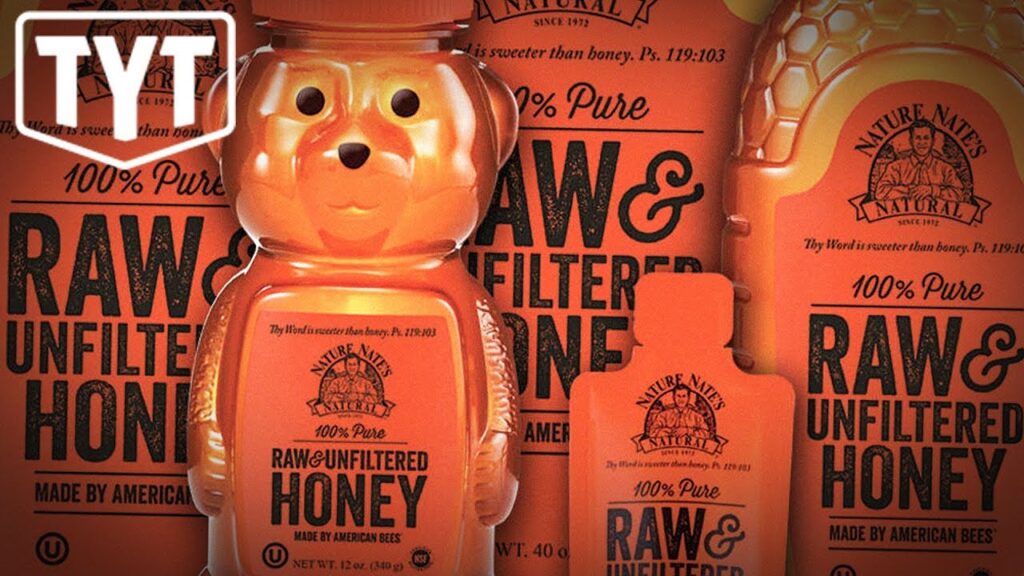
Quality and safety concerns
Potential contamination of honey
Honey can sometimes be contaminated with various substances, including pesticides, antibiotics, and heavy metals. This contamination can occur through environmental factors or improper beekeeping practices. To ensure the quality and safety of honey, it is important to choose honey from trusted sources, preferably organic or locally produced. The use of reputable beekeepers and proper honey processing techniques can help minimize the risk of contamination.
Risks for infants and young children
Honey should not be given to infants under the age of one due to the risk of infant botulism. Infants’ digestive systems are not fully developed, and they may not be able to effectively neutralize the bacteria that can cause botulism. Honey can contain spores of the bacterium Clostridium botulinum, which can produce toxins in an infant’s intestines and lead to serious illness. It is recommended to avoid giving honey to young children until they are at least one year old.
Safe consumption guidelines for adults
For adults, honey can be consumed safely in moderation as part of a balanced diet. The American Heart Association recommends limiting added sugars, including honey, to no more than 6 teaspoons (25 grams) per day for women and 9 teaspoons (38 grams) per day for men. It is essential to consider honey’s sugar content when incorporating it into one’s diet, especially for individuals with diabetes or those watching their sugar intake.
Honey as a skin and hair care product
Use of honey in skincare
Honey has been used for centuries as a natural ingredient in skincare products. Its moisturizing properties help hydrate and smoothen the skin. Honey also has antimicrobial properties that can help reduce acne and heal skin infections. It can be used as a face mask, a spot treatment for blemishes, or added to skincare products for its beneficial effects.
Benefits of honey for hair
Honey can also benefit the hair by moisturizing, conditioning, and promoting hair growth. Its humectant properties help retain moisture, preventing dryness and frizz. Honey can be used as a hair mask or added to hair products to enhance the overall health and appearance of the hair.
DIY honey-based beauty remedies
Honey can be used in various do-it-yourself (DIY) beauty remedies. For example, a honey and oatmeal face mask can help exfoliate and nourish the skin. A mixture of honey and coconut oil can be used as a natural lip balm. These DIY remedies can offer natural alternatives to commercial skincare and haircare products.
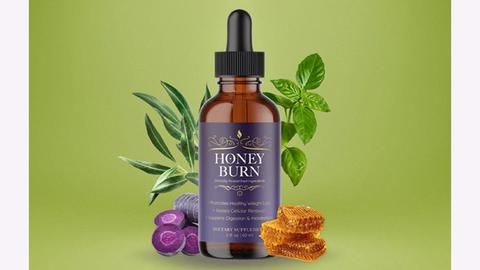
Honey as an alternative sweetener
Comparison of honey and sugar
Honey and sugar are both sweeteners, but they differ in their composition and nutritional properties. Honey is a natural product produced by bees, while sugar is a refined product derived from sugarcane or sugar beets. Honey contains small amounts of vitamins, minerals, and antioxidants, while sugar provides empty calories with no nutritional value. Honey is also sweeter than sugar, so less is needed to achieve the same level of sweetness.
Potential benefits of using honey as a sweetener
Using honey as a sweetener can offer potential benefits as a natural and healthier alternative to refined sugar. Honey has a lower glycemic index compared to sugar, meaning it causes a slower and steadier increase in blood sugar levels. This can be beneficial for individuals with diabetes or those looking to manage their blood sugar levels. Additionally, the antioxidants in honey can provide an added health benefit compared to the empty calories in sugar.
Considerations for diabetic individuals
While honey may be a better option than refined sugar for individuals with diabetes, it is important to exercise caution when consuming honey. Honey is still a source of carbohydrates and can raise blood sugar levels, albeit at a slower rate than sugar. Diabetic individuals should monitor their blood sugar levels and work with healthcare professionals to determine the appropriate amounts of honey to include in their diet.
Conclusion
The overall verdict on honey’s medicinal properties
Honey has been valued for its medicinal properties throughout history and continues to be a popular natural remedy. Scientific research has supported many of the traditional uses of honey, including its antibacterial and wound healing properties. However, while honey offers potential health benefits, it is not a panacea. It should be consumed as part of a balanced diet and used in moderation.
Recommendations for honey consumption
To enjoy the potential health benefits of honey, it is recommended to choose raw, organic, or locally produced honey whenever possible. Incorporate honey into your diet in moderation, keeping in mind its sugar content and considering individual health conditions. If using honey for skincare or haircare, opt for natural and organic products or try DIY remedies. As with any food or product, it is always advisable to consult with healthcare professionals for personalized recommendations. Honey can be a delicious and versatile addition to a healthy lifestyle when consumed responsibly.
